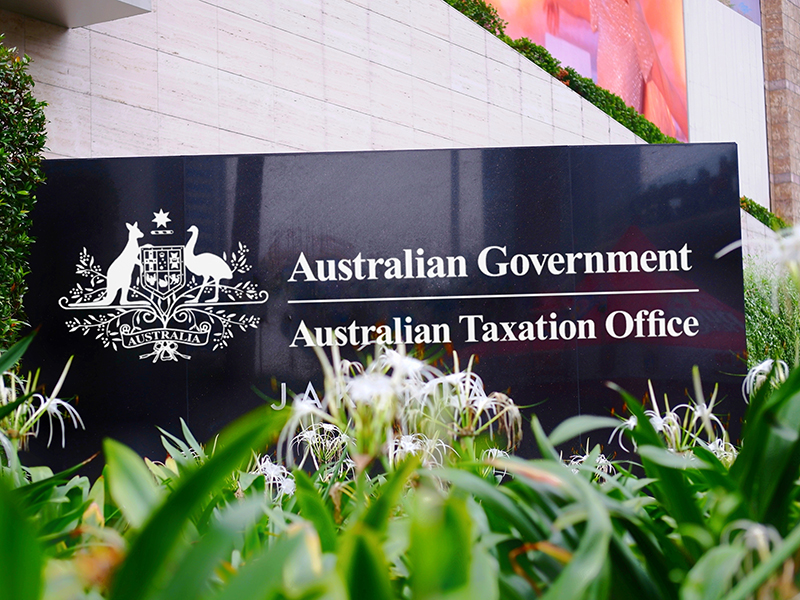
Home sweet home office
Making the most of home office deductions
Working flexible hours at home or running your small business from the spare room are becoming increasingly popular options for Australians. In August 2015, the Australian Bureau of Statistics estimated around 3.5 million of us were working from home, 59% as employees and another 24% as owner-managers of unincorporated enterprises.i
Although avoiding the daily commute sounds great, the growing cost of tax deductions for home office expenses means the ATO is keeping a much closer eye over these claims, so it’s worth ensuring you understand the rules.
Working from home
If you work from home part-time, you are only eligible to claim some of the costs of a home office. Deductions are available for running expenses and telephone costs related to your income earning activities and the depreciation of your office equipment.
Claimable running expenses include office equipment costing up to $300, or depreciation on items costing $300 or more. Other running costs include the cost of heating, cooling and lighting your home office and repairs to furniture or fittings. Cleaning and insurance costs related to the office space are also deductible.
The amount you can claim depends on how much time the equipment is used for work purposes. For example, if you use your computer for work 40% of the time, you can only claim 40% of the cost. Where the equipment is used for both personal and work-related purposes, you need to keep records (such as a diary over a sample month) to show how you estimated your usage.
Phone and internet claims
Telephone and internet expenses are also deductible, but claims can only relate to the business portion of each bill. If you are on call or need to make regular calls to your employer or clients when away from your workplace, some of your phone rental may also be claimable.
Depreciation of office plant and equipment (such as computers, printers, desks and chairs) is another worthwhile deduction, but depreciation on curtains, carpets and light fittings can only be claimed if you have an area exclusively set aside for work purposes.
Employees are generally unable to claim occupancy expenses such as rent, mortgage interest, council rates and home insurance. When claiming home office deductions, receipts are required to substantiate large expenses, while a diary entry is enough for expenses under $10. The ATO has an online Home Office Expenses calculator to help you estimate the amount you can legitimately claim.
When head office is home
The rules are slightly different if your home is also your principal place of business. Where you have a separate space set aside for the business, you can claim deductions for both the running and occupancy costs.
Home-based businesses can deduct running costs such as electricity, gas and office equipment, but claims are only valid for the business portion of the expense. Self-employed taxpayers may be able to immediately write-off the cost of new equipment worth up to $20,000. Deductions are available for business phone costs such as rental and calls costs (but not installation fees), but must only be for the business portion of the bill.
Getting your deductions
Home-based businesses with a designated work area can also claim depreciation on their office plant and equipment, such as computers, printers, desks, chairs, curtains and carpets.
Occupancy costs such as rent, insurance, mortgage interest, repairs and rates can be claimed if your home is used as a place of business, such as a doctor’s surgery or if clients visit regularly. If your income includes personal services income, however, you may be ineligible.
It’s important to remember if you claim deductions for a home-based business you may lose some of your home’s ‘main residence exemption’ for capital gains tax (CGT), so you could be liable for CGT when you sell.
If you would like more information about home office expenses or CGT issues give us a call to speak Daniel King or one of our team on 03 5443 0344.
i Characteristics of employment in Australia, August 2015, ABS, http://www.abs.gov.au/ausstats/abs@.nsf/mf/6333.0


